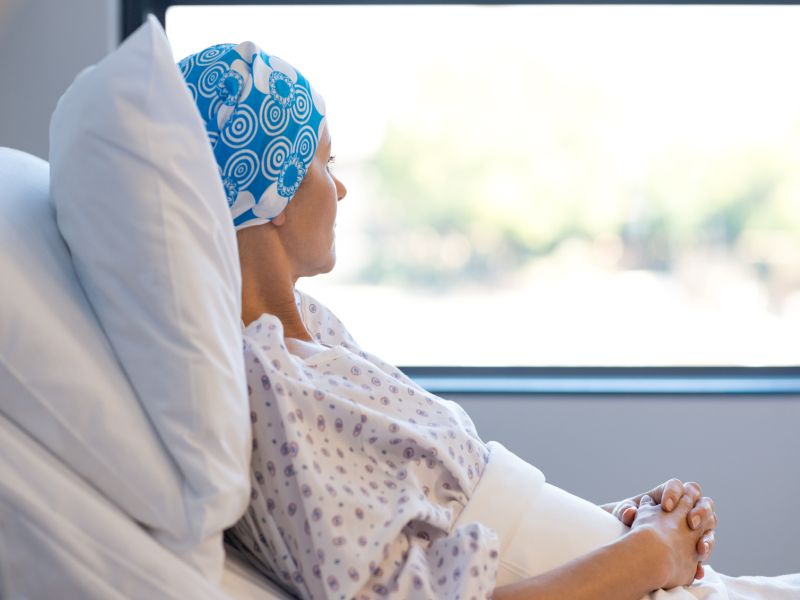

WEDNESDAY, Oct. 4, 2017 (HealthDay News) — Scientists say they’ve spotted how mutations in the BRCA1 gene can trigger breast cancer.
Researchers from the Yale Cancer Center say they identified the molecular mechanism that enables the mutation to cause the BRCA1 gene to lose its DNA repair and tumor-fighting power.
“There have been about 14,000 papers written about BRCA1, and you would think we already know everything about the gene, but we don’t,” said study senior author Patrick Sung, a professor of molecular biophysics and biochemistry and of therapeutic radiology.
The investigators showed that the interaction of BRCA1 with the BARD1 gene is necessary for DNA repair. They said their findings could lead to better drugs to treat breast and ovarian cancers and help identify women at high risk for these diseases.
“Defining the mechanism of the BRCA-dependent DNA repair pathway will help scientists design drugs to kill cancer cells more efficiently,” Sung said in a Yale news release.
Scientists realized women could inherit their risk for breast cancer once they discovered the role of the BRCA1 gene in DNA repair and tumor suppression, the study authors explained. At first, it was believed that BRCA1 and BRCA2 mutations might account for up to 8 percent of breast and ovarian cancers.
The researchers noted the risk is likely much higher because in many cancers there is no evidence of mutation but the expression of the BRCA genes is silenced.
“Understanding this mechanism will provide the predictive power for doctors trying to establish a patient’s personal risk of developing cancer,” Sung said.
— Mary Elizabeth Dallas

Copyright © 2017 HealthDay. All rights reserved.
SOURCE: Yale Cancer Center, news release, Oct. 4, 2017
Subscribe to MedicineNet’s Cancer Report Newsletter
By clicking Submit, I agree to the MedicineNet’s Terms & Conditions & Privacy Policy and understand that I may opt out of MedicineNet’s subscriptions at any time.







Leave a Reply